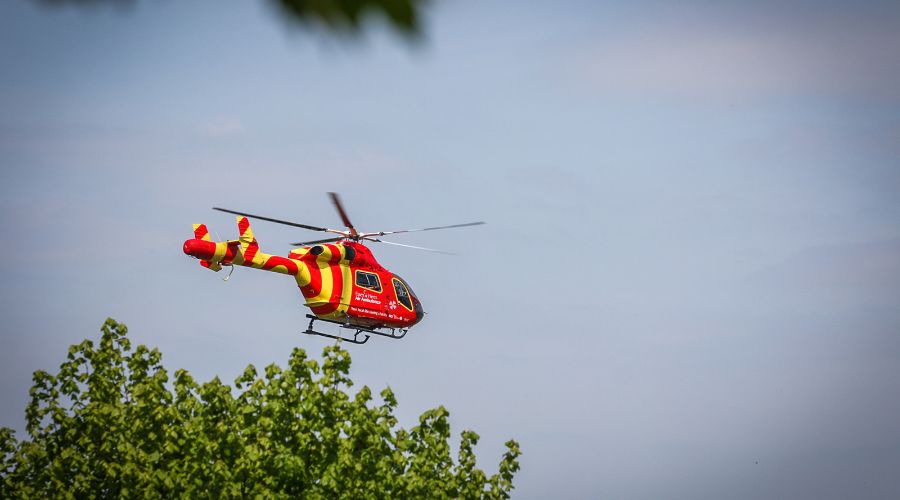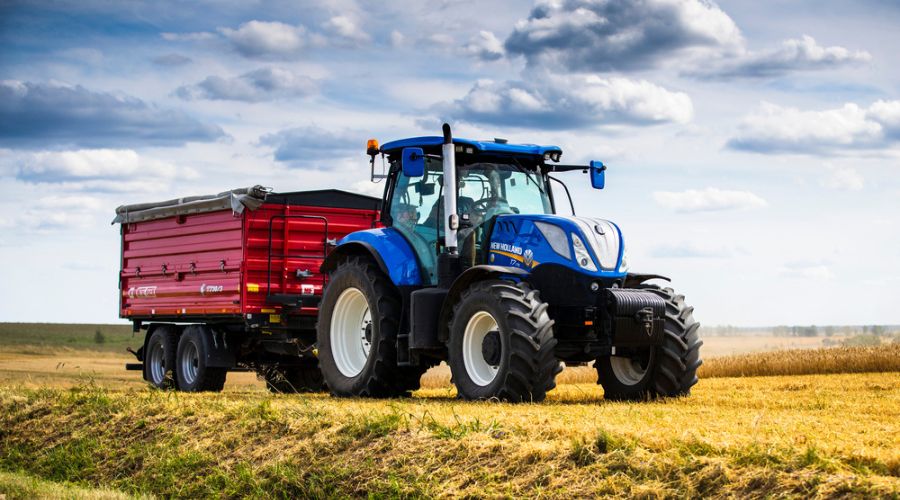Cornwall farmworker dies in agricultural machinery accident
30th April 2024
A Cornwall farmworker was recently killed in an ‘industrial incident’, the Health and Safety Executive (HSE) has confirmed.

An investigation has been launched following the death of a man in his 30s who was trapped and killed by agricultural machinery on 11th April.
Emergency services, including an air ambulance, were called to the farm located near Truro. It is understood that the site is linked to Southern England Farms, a major vegetable grower in the South West.
The man was pronounced dead at the scene.
A spokesman for Devon and Cornwall Police confirmed that Health and Safety Executive has been notified and is assisting with the investigation.
Safety advice
HSE provided a range of tips that aim to prevent on-farm accidents.
A spokesperson said: “Before you or your workers use any machine, you should think about what risks may occur and how these can be managed. Check the machine is complete, with all safeguards fitted, and free from defects.
“The term ‘safeguarding’ includes guards, interlocks, two-hand controls, light guards, pressure-sensitive mats, etc.
“By law, the supplier must provide the right safeguards and inform buyers of any risks (‘residual risks’) that could not be designed out. Users need to be aware of these and manage them.
“Make sure you identify and manage risks from badly designed safeguards. These may be inconvenient to use or easily overridden, which could encourage your workers to risk injury and break the law. If they are doing this, find out why and take appropriate action to manage this.
“Produce a safe system of work for using and maintaining the machine. Maintenance may require the inspection of critical features where deterioration would cause a risk.”
READ MORE: Family and friends commemorate boy who died in farm bike crash
READ MORE: Tragic accident in Cambridgeshire: Two men crushed by straw bales

Control measures
The measures you use to prevent access to dangerous parts should be in the following order. In some cases, it may be necessary to use a combination of these measures:
- Use fixed guards (for example secured with screws or nuts and bolts) to enclose the dangerous parts, whenever practical. Use the best material for these guards – plastic may be easy to see through but can easily be damaged. Where you use wire mesh or similar materials, make sure the holes are not large enough to allow access to moving parts
- If fixed guards are not practical, use other methods, like interlocking the guard so the machine cannot start before the guard is closed and it cannot be opened while the machine is still moving. In some cases, trip systems such as photoelectric devices, pressure-sensitive mats or automatic guards may be used if other guards are not practical
- Where guards cannot give full protection, use jigs, holders, push sticks, etc if it is practical to do so
- Control any remaining risk by providing the operator with the necessary information, instruction, training, supervision and appropriate safety equipment.
Read more farm safety news.
